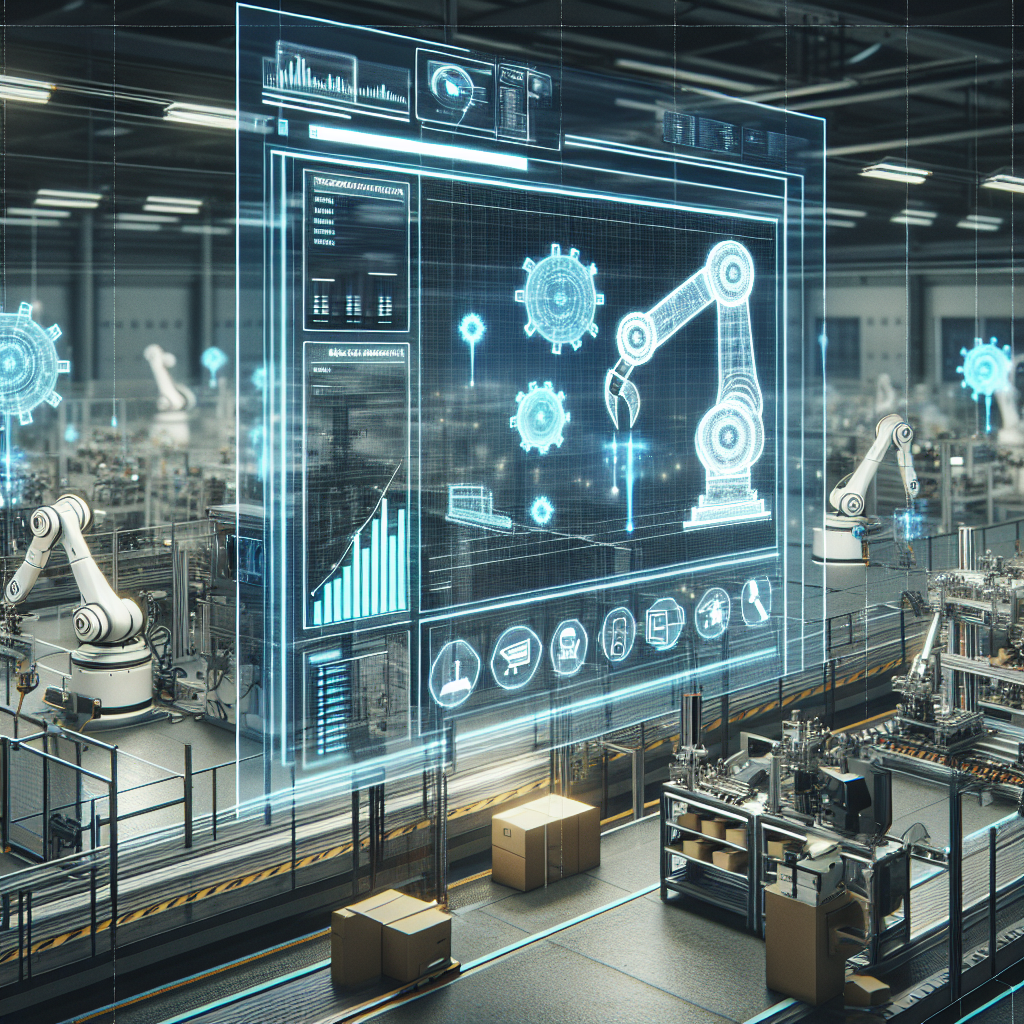In today’s fast-paced manufacturing environment, production planning and scheduling play a crucial role in ensuring the efficient and effective utilization of resources to meet customer demands. With the advancements in artificial intelligence (AI) technology, manufacturers are now able to leverage AI-driven production planning and scheduling systems to optimize their operations and increase productivity.
AI-driven production planning and scheduling systems use machine learning algorithms to analyze historical data, forecast future demand, and optimize production schedules in real-time. These systems can predict potential bottlenecks, identify opportunities for improvement, and recommend the best course of action to maximize efficiency and minimize costs.
One of the key benefits of AI-driven production planning and scheduling is the ability to adapt to changing conditions quickly. Traditional planning and scheduling systems often struggle to cope with unexpected disruptions or changes in demand, leading to inefficiencies and delays. AI-driven systems, on the other hand, can dynamically adjust production schedules in response to real-time data, ensuring that resources are allocated optimally and production targets are met.
Another advantage of AI-driven production planning and scheduling is the ability to optimize complex production processes. Manufacturing operations are often characterized by multiple interdependent processes, each with its own constraints and requirements. AI-driven systems can take all of these factors into account when generating production schedules, ensuring that each process is allocated the right resources at the right time to maximize overall efficiency.
Additionally, AI-driven production planning and scheduling systems can help manufacturers reduce lead times and improve on-time delivery rates. By accurately forecasting demand and optimizing production schedules, manufacturers can ensure that products are manufactured and delivered to customers in a timely manner, increasing customer satisfaction and loyalty.
FAQs:
Q: How does AI-driven production planning and scheduling differ from traditional systems?
A: AI-driven production planning and scheduling systems use machine learning algorithms to analyze data, forecast demand, and optimize production schedules in real-time. Traditional systems typically rely on manual inputs and fixed rules, making them less flexible and adaptive to changing conditions.
Q: What kind of data is used by AI-driven production planning and scheduling systems?
A: AI-driven systems can analyze a wide range of data, including historical production data, demand forecasts, inventory levels, and external factors such as market trends and supplier performance. By combining and analyzing these data sources, AI-driven systems can generate more accurate and actionable insights for production planning and scheduling.
Q: How can manufacturers implement AI-driven production planning and scheduling systems?
A: Manufacturers can implement AI-driven production planning and scheduling systems by partnering with technology providers that specialize in AI solutions for manufacturing. These providers can help manufacturers integrate AI technology into their existing systems, train staff on how to use the new technology, and provide ongoing support and maintenance to ensure optimal performance.
Q: What are the potential challenges of implementing AI-driven production planning and scheduling systems?
A: Some of the potential challenges of implementing AI-driven production planning and scheduling systems include the initial cost of investment, the need for specialized skills and expertise to operate the technology, and potential resistance to change from employees. However, the benefits of AI-driven systems in terms of increased efficiency, productivity, and competitiveness often outweigh these challenges in the long run.
In conclusion, AI-driven production planning and scheduling systems offer manufacturers a powerful tool for optimizing their operations and increasing productivity. By leveraging the capabilities of AI technology to analyze data, forecast demand, and optimize production schedules, manufacturers can improve efficiency, reduce costs, and enhance customer satisfaction. As AI technology continues to advance, we can expect to see even greater benefits from AI-driven production planning and scheduling in the manufacturing industry.

